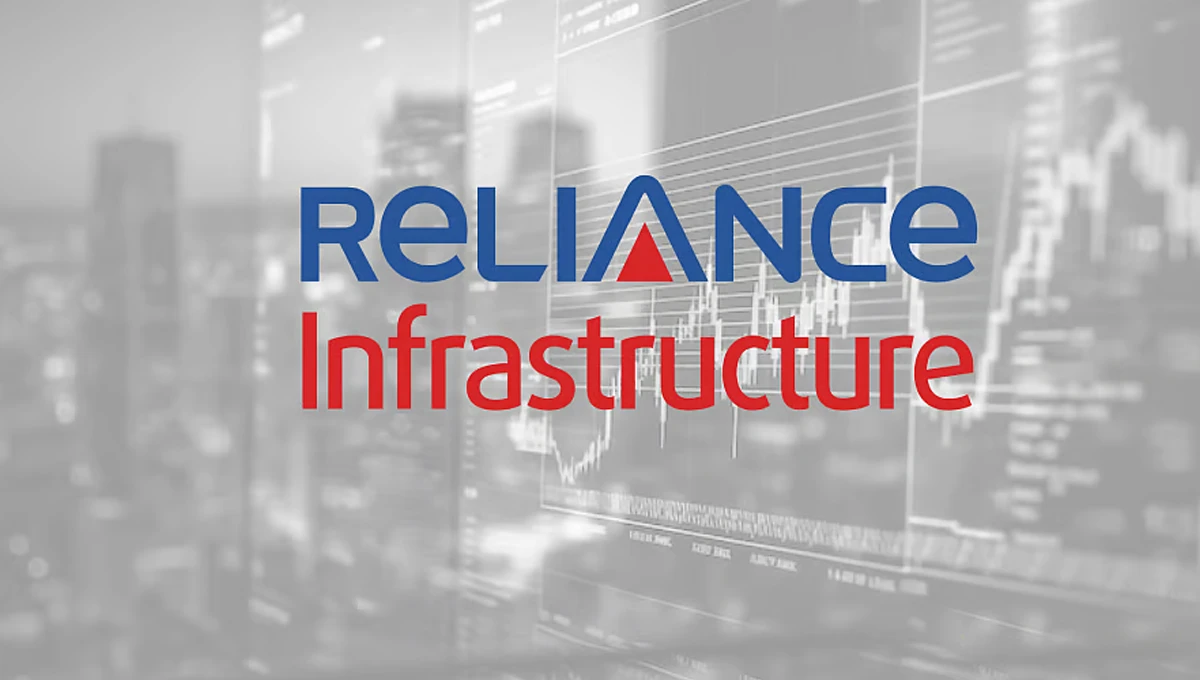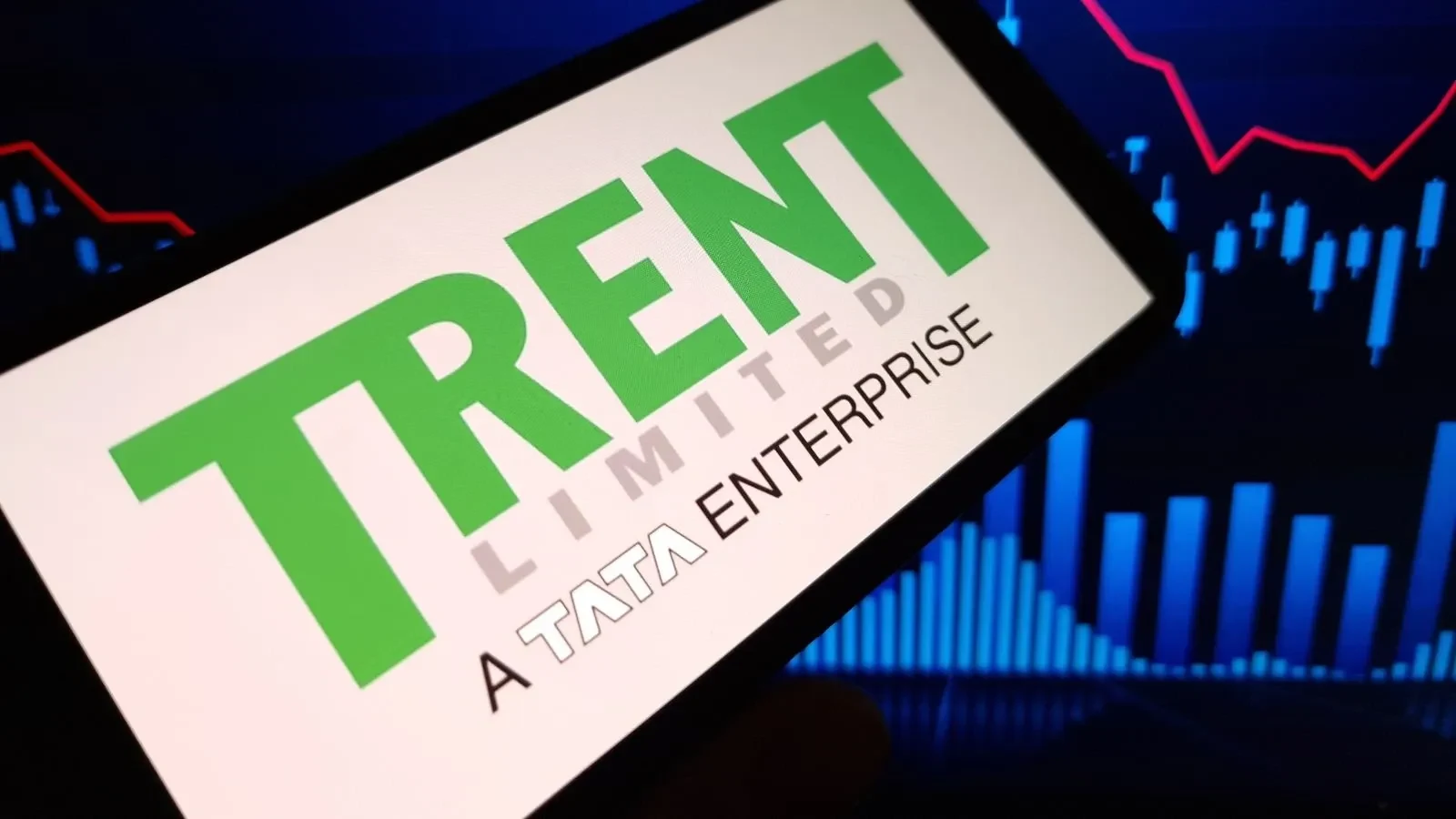Yes Bank Stake Deal: SMBC Investment Propels the Bank to New Heights
Yes Bank’s journey is nothing short of an inspiring comeback story. A bank that was considered on the verge of collapse a few years ago is now entering a new era with the trust of global investors. The acquisition of a stake in Yes Bank by Japanese lender Sumitomo Mitsui Banking Corporation (SMBC) is the most significant chapter in this journey. This deal has not only boosted investor confidence but also opened up possibilities for a rating upgrade.
New Growth Opportunities Through Yes Bank Stake Purchase
SMBC’s investment of approximately ₹16,000 crore is not just a financial transaction, but a strategic move. By acquiring nearly 25% stake in Yes Bank, SMBC has sent a clear signal that Yes Bank has a bright future. According to the bank’s MD and CEO, Prashant Kumar, this deal will strengthen the bank’s capital raising capacity, enable expansion through network synergies, and allow for a greater focus on profitability. Most importantly, this investment has further strengthened the possibility of a rating upgrade for Yes Bank.
Yes Bank’s Remarkable Comeback Journey

A few years ago, Yes Bank’s situation was extremely critical. Alleged promoter malfeasance and bad loans had brought the bank to the brink of collapse. In 2020, the RBI and the government launched a rescue plan, acquiring a 79% stake through an SBI-led consortium. At that time, Yes Bank’s rating had plummeted to ‘D’. But today, the same bank has improved its rating to ‘AA-‘. As Kumar rightly said, “A bank that was on the verge of closure is now attracting a major foreign investor.”
The Strategic Impact of the Yes Bank Stake Deal
This Yes Bank stake acquisition is not limited to just raising capital. By acquiring a 24.2% stake, SMBC has also secured two board seats. This means that Yes Bank will now have access to new fee-based business opportunities through Japanese corporates and their supply chains. The bank will focus its lending on segments with higher margins, such as used car finance and affordable housing loans. Kumar confidently stated that the Net Interest Margin (NIM) will reach 2.7% by FY26.
SBI’s Continued Trust in Yes Bank
Along with SMBC, SBI remains a major shareholder in Yes Bank, holding over 10% stake. This is a double advantage – India’s largest public sector bank on one hand, and a global financial powerhouse on the other. Kumar urged investors to be patient, as he believes comparing such a bank with those that have never faced such challenges is unfair.
Governance and Board Level Changes
In September 2025, the Yes Bank board officially approved SMBC’s 20% stake acquisition. Of this, 13.19% was purchased from SBI and 6.81% from major banks like HDFC, ICICI, Axis, Kotak, Bandhan, Federal, and IDFC First. The deal has also received approval from the RBI and the Competition Commission of India. The board appointed two SMBC nominees – Mr. Shinichiro Nishino and Mr. Rajeev Veeravalli Kannan – as new Additional Directors. Mr. Sandeep Tewari’s resignation was also accepted. This brings a fresh global perspective to governance.
Profitability and Future Targets

Prashant Kumar clarified that the bank’s focus will now be on profitability, not just loan book growth. The target is to achieve a Return on Assets of 1% by FY27, up from the current 0.8%. This improvement is remarkable, as a few years ago this figure was only 0.3%. Yes Bank will focus on its profitable segments and leverage SMBC’s global network to grow its fee-based income.
The Importance of the Yes Bank Stake for the Indian Banking Sector
The Yes Bank stake acquisition is a positive signal not only for Yes Bank but for the entire Indian banking system. Global investor confidence in India’s financial sector is growing, and deals like this also boost the country’s economy. For Yes Bank, this is a remarkable turnaround story, as it moves towards stability and growth.
Conclusion
SMBC’s acquisition of a stake in Yes Bank marks the beginning of a new chapter. Having teetered on the brink of collapse in 2020, Yes Bank has now earned the trust of a global financial institution. SBI’s support for Yes Bank still acts as a safety net, and now SMBC’s new equity investment is providing the bank with a fresh boost. What’s needed now is a little patience and consistency, as recovery happens step by step. However, the direction in which the bank is moving clearly indicates that Yes Bank can become even stronger, more profitable, and more stable in the future.
Disclaimer:
The views and recommendations above are those of individual analysts or brokerage companies, not US News Weeks. We advise investors to check with certified experts before making any investment decisions.
Also Read
Nifty Top Stock Picks: Bajaj Finance & Coforge Shine as Market Eyes 25,700









